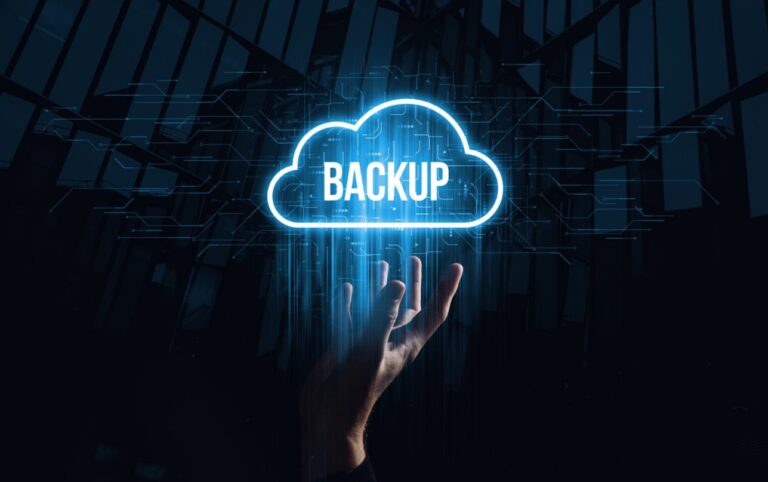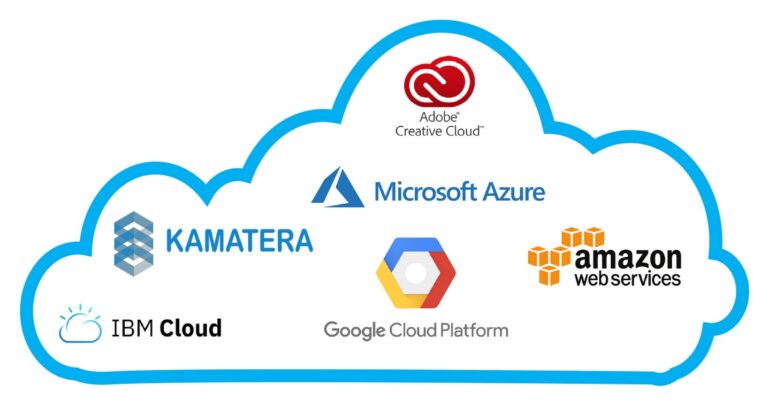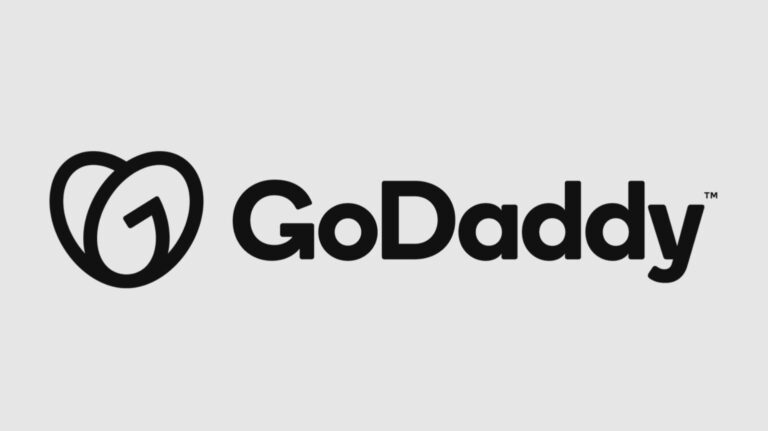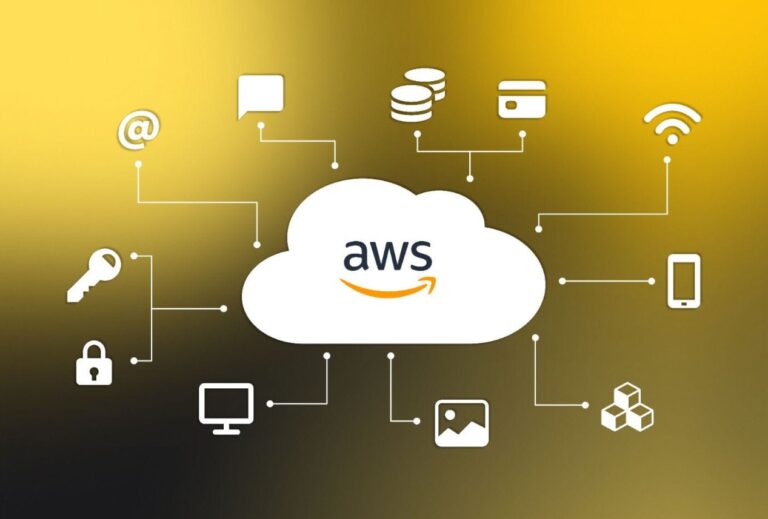Cloud Server Cost: Prices, Benefits, and How to Choose
In the modern era of technology, cloud server cost have emerged as a crucial consideration for the smooth functioning of business operations.
They provide the advantage of scalability, flexibility, and cost-effectiveness, thereby establishing themselves as a favored option for businesses across various scales.
However, it’s important to delve into the specifics to understand the actual pricing of cloud servers.
What is a Cloud Server?
A cloud server is a virtual server operating within a cloud computing environment. It is created, hosted, and provided through a cloud computing platform and can be accessed remotely.
Cloud servers can execute all the tasks and operations of a conventional physical server, but they offer greater flexibility and cost efficiency.
By leveraging virtualization technology, cloud servers can be rapidly scaled up or down to meet changing demands, and users can pay for only the resources they use, making them a highly efficient and adaptable solution for various computing needs.
Benefits of Cloud Servers 🌟
- Scalability: Easily scale your resources up or down based on your needs.
- Cost-Efficiency: Pay only for the resources you use.
- Accessibility: Access your server from anywhere in the world.
- Reliability: High uptime and availability.
- Security: Advanced security features to protect your data.
See also: Best Server Cloud Solutions: Top Choices for Your Business
Real-World Examples of Cloud Server Providers
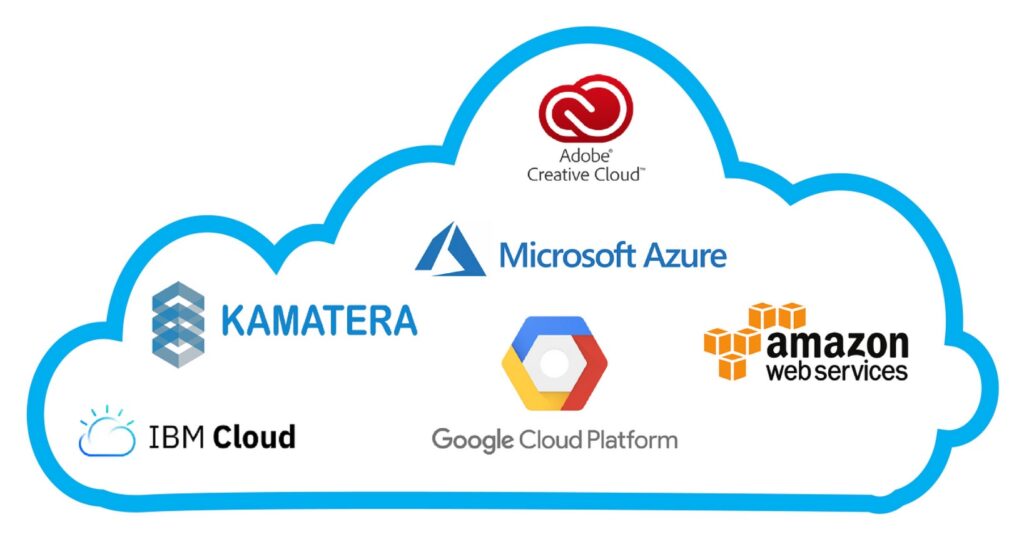
Here are five top cloud server providers, each offering unique features and pricing models:
1. Amazon Web Services (AWS)
AWS is one of the leading cloud service providers, offering a wide range of services and features.
- Use Case: Suitable for businesses of all sizes, from startups to enterprises.
- Pros: Extensive services, global presence, robust security.
- Cons: Can be complex and expensive for small businesses.
- Price: Starting at $0.012 per hour.
- Features: EC2 instances, S3 storage, RDS databases, Lambda functions.
- Purchase Link: Get Started with AWS
2. Microsoft Azure
Microsoft Azure is a popular choice, especially for enterprises that use Microsoft products.
- Use Case: Ideal for enterprises and businesses using Microsoft products.
- Pros: Integration with Microsoft tools, hybrid cloud capabilities.
- Cons: Can be a costly, steep learning curve.
- Price: Starting at $0.004 per hour.
- Features: Virtual Machines, Blob storage, SQL databases, AI services.
- Purchase Link: Get Started with Microsoft Azure
3. Google Cloud Platform (GCP)
GCP offers powerful data analytics and machine learning capabilities.
- Use Case: Best for businesses focusing on big data and machine learning.
- Pros: Strong analytics, competitive pricing, innovation.
- Cons: Fewer services compared to AWS, regional availability.
- Price: Starting at $0.009 per hour.
- Features: Compute Engine, BigQuery, Cloud Storage, Kubernetes Engine.
- Purchase Link: Get Started with Google Cloud Platform
4. IBM Cloud
IBM Cloud is known for its robust AI and machine learning capabilities.
- Use Case: Ideal for enterprises and AI-driven projects.
- Pros: Strong AI services, and enterprise-grade solutions.
- Cons: Expensive, complex.
- Price: Starting at $0.008 per hour.
- Features: Virtual Servers, Watson AI, Cloud Functions, Block Storage.
- Purchase Link: Get Started with IBM Cloud
5. DigitalOcean
DigitalOcean is known for its simplicity and affordability.
- Use Case: Perfect for startups and small businesses.
- Pros: Simple interface, affordable pricing.
- Cons: Limited services compared to larger providers.
- Price: Starting at $5 per month.
- Features: Droplets, Spaces, Kubernetes, Databases.
- Purchase Link: Get Started with DigitalOcean
Comparison Table of Cloud Server Cost
| Provider | Use Case | Pros | Cons | Price | Features |
|---|---|---|---|---|---|
| AWS | All sizes | Extensive services, global presence | Complex, expensive for small biz | $0.012 per hour | EC2, S3, RDS, Lambda |
| Microsoft Azure | Enterprises using Microsoft products | Integration, hybrid cloud | Costly, steep learning curve | $0.004 per hour | VMs, Blob storage, SQL, AI |
| Google Cloud Platform | Big data, machine learning | Strong analytics, competitive pricing | Fewer services, regional availability | $0.009 per hour | Compute Engine, BigQuery, Cloud Storage, Kubernetes |
| IBM Cloud | Enterprises, AI-driven projects | Strong AI, enterprise solutions | Expensive, complex | $0.008 per hour | Virtual Servers, Watson AI, Cloud Functions, Block Storage |
| DigitalOcean | Startups, small businesses | Simple interface, affordable | Limited services | $5 per month | Droplets, Spaces, Kubernetes, Databases |
See also: Best Cloud Server: Top Providers, Benefits, and Buying Guide 2024
How to Buy and Where to Buy
To purchase a cloud server, follow these steps:
- Choose a Provider: Compare the providers listed above and select the one that best suits your needs.
- Sign Up: Visit the provider’s website and create an account.
- Select a Plan: Choose a plan that fits your requirements and budget.
- Configure Your Server: Customize your server based on your needs.
- Deploy: Launch your server and start using it.
FAQs
1. What factors affect the cost of a cloud server?
The cost of a cloud server can be affected by various factors, including the provider, server specifications, storage, data transfer, and additional services.
2. Is a cloud server cheaper than a physical server?
Yes, cloud servers can be more cost-effective than physical servers as you only pay for the resources you use, and there’s no need for hardware maintenance.
3. Can I switch providers easily?
Yes, most cloud providers offer tools and services to help you migrate your data and applications to another provider.
4. Are cloud servers secure?
Cloud servers come with advanced security features, but it’s important to implement best practices and additional security measures to protect your data.
5. How do I choose the right cloud server provider?
Consider factors like your budget, required features, scalability, reliability, and support when choosing a cloud server provider.
Understanding the cost of cloud servers and their benefits can help you make an informed decision for your business. Whether you’re a startup or an enterprise, there’s a cloud server solution that can meet your needs and budget.
